- Seven civilians, including infant, killed in junta airstrikes on Kyauktaw and Mrauk-U
- The Mizoram Hard Journey (or) Sailing Up the Kaladan
- Arakan Army expands operations into Sagaing Region, seizes four junta camps
- ULA purchases paddy from farmers amid market shortage in Arakan State
- After Arakan fighting, Taungup residents struggle to rebuild homes
Farmers face difficulty as fertiliser costs rise in Arakan State
Farmers in Arakan State say the soaring price of fertiliser means some are opting to forgo or scale back use of it on their crops this season.
18 Sep 2021
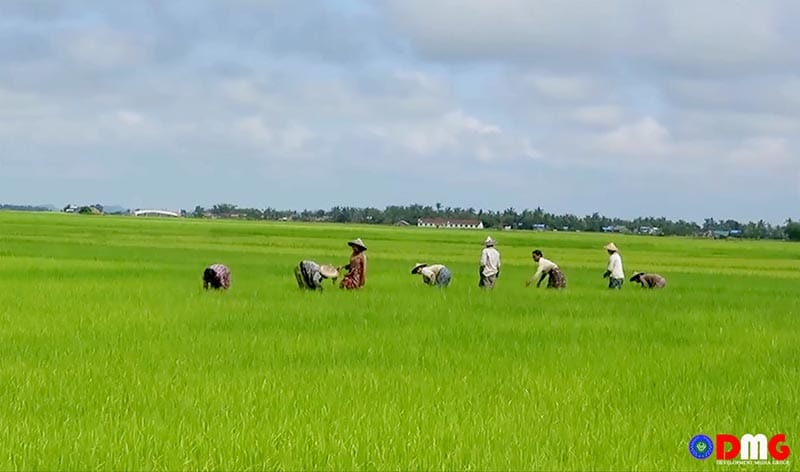
DMG Newsroom
18 September 2021, Sittwe
Farmers in Arakan State say the soaring price of fertiliser means some are opting to forgo or scale back use of it on their crops this season.
A bag of Comet brand fertiliser was K29,000 and Duwun brand fertiliser was K33,000 in previous years, but their prices have since soared up to K70,000, according to farmers.
U Pan Hla Aung, a farmer from Okkan village in Mrauk-U Township, said: “Farmers will face losses this year because the price of fertiliser surged to 70,000 kyats from 29,000 kyats last year. The price of 100 baskets of paddy is just K200,000.”
U Aung Thein Tun, a farmer from Pyitawthar ward in Kyauktaw town, said he could not afford to fertilise as much as he has in past years.
“The paddy yield will be better if we can use enough fertiliser. But I could not use sufficient fertiliser this year. Now, the paddy is too slow to have buds,” he said.
Most farmers in Rathedaung Township cannot use fertiliser for their paddy fields as the price of fertiliser has increased, said U Maung Tun Sein, a farmer from Kan Pyin village.
“The price of fertiliser increased more than once. So, most farmers cannot afford to buy it although it is the right time to use fertiliser in their paddy fields, where paddy buds are appearing,” he said.
The price of fertiliser has surged to K70,000 a bag, after it was priced at just over K50,000 at the beginning of this month.
There are approximately 1.2 million acres of arable farmland in Arakan State, but tens of thousands of acres have gone uncultivated in recent years due to conflict, displacement and rising agricultural expenditures, according to figures from the Arakan Farmers’ Union.




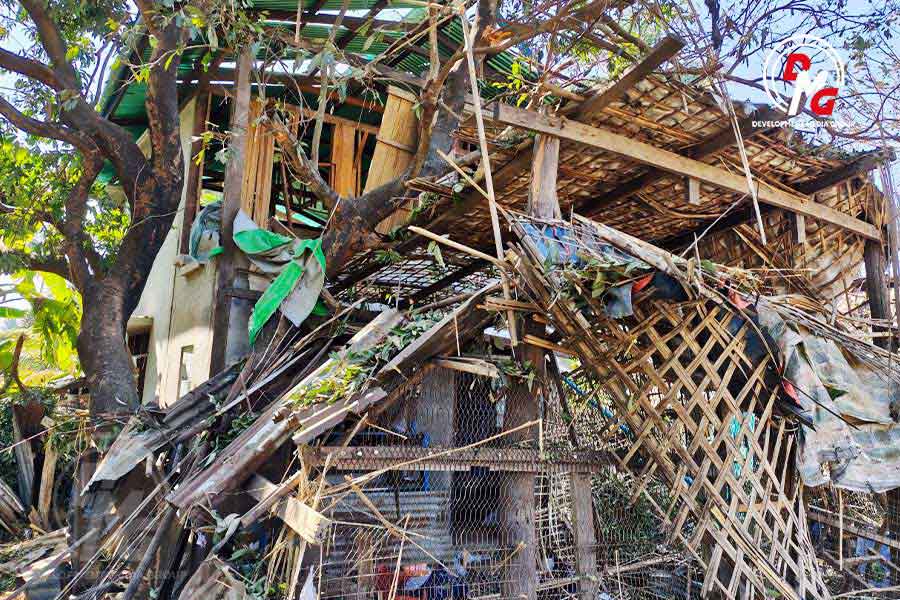
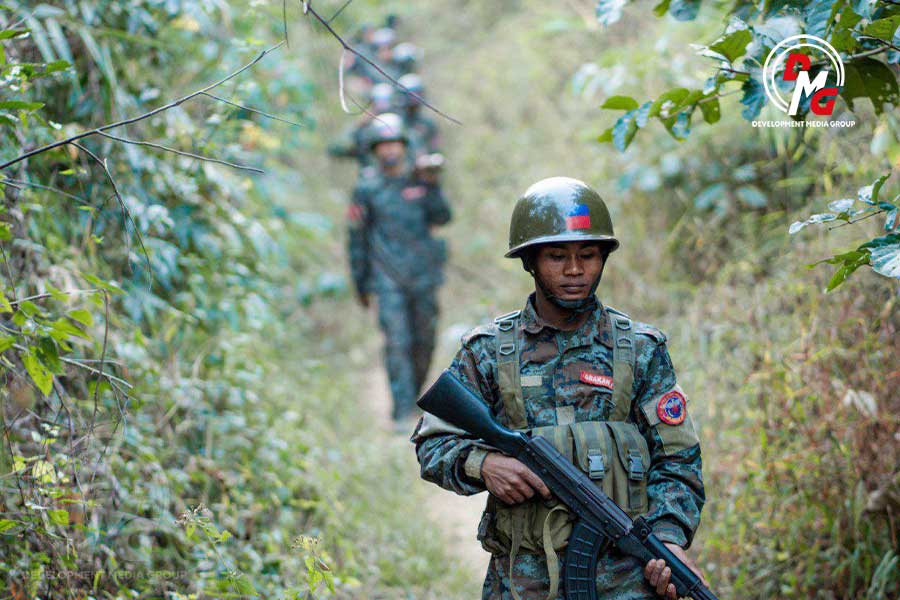
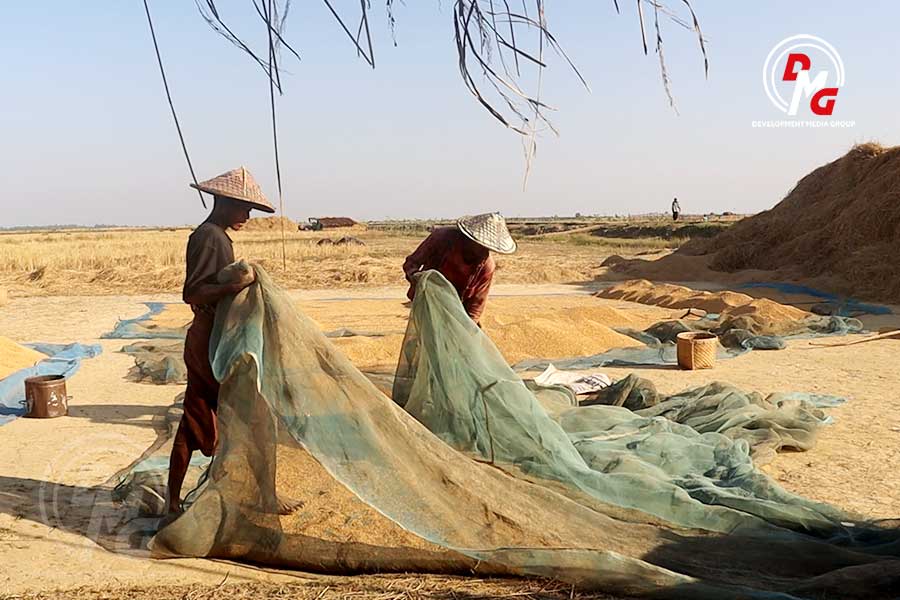
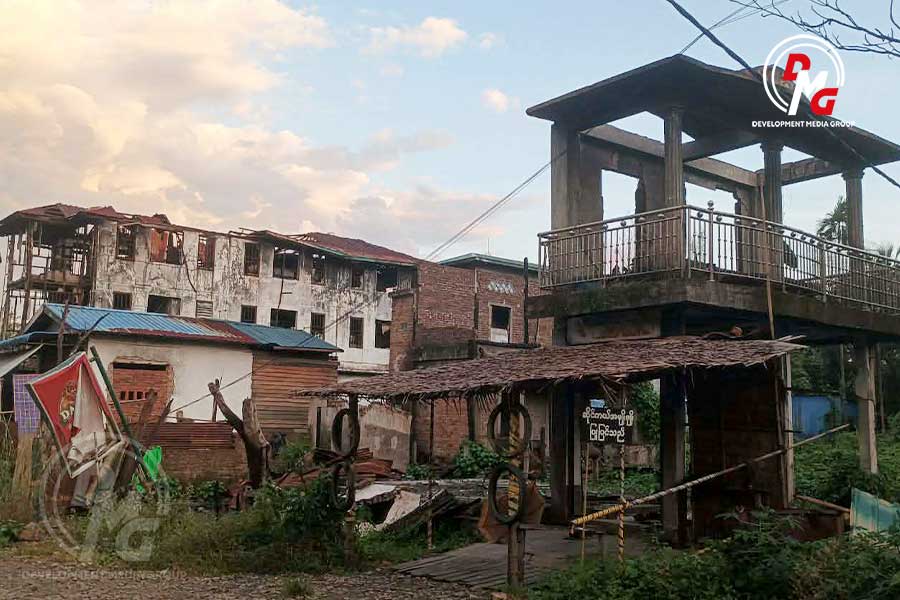
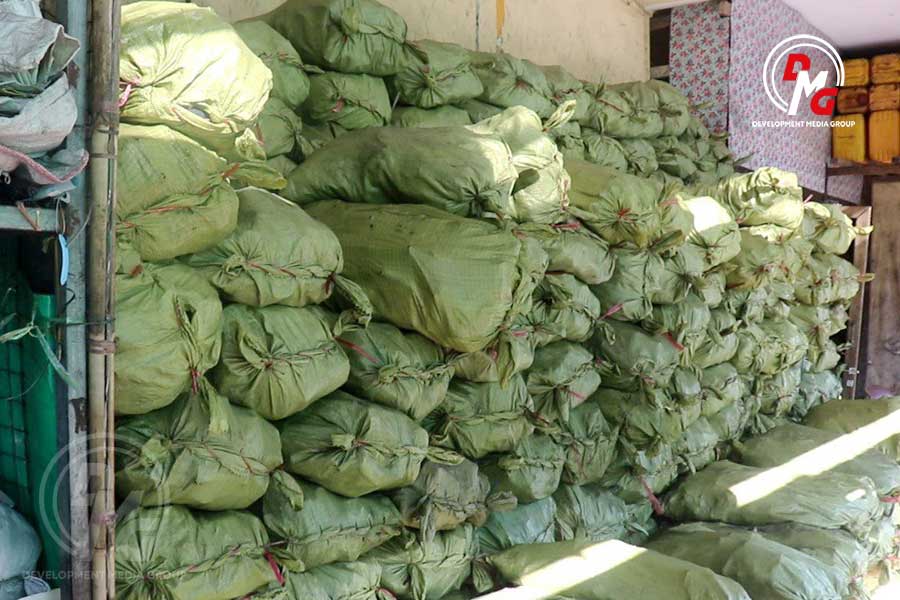







.jpg)
